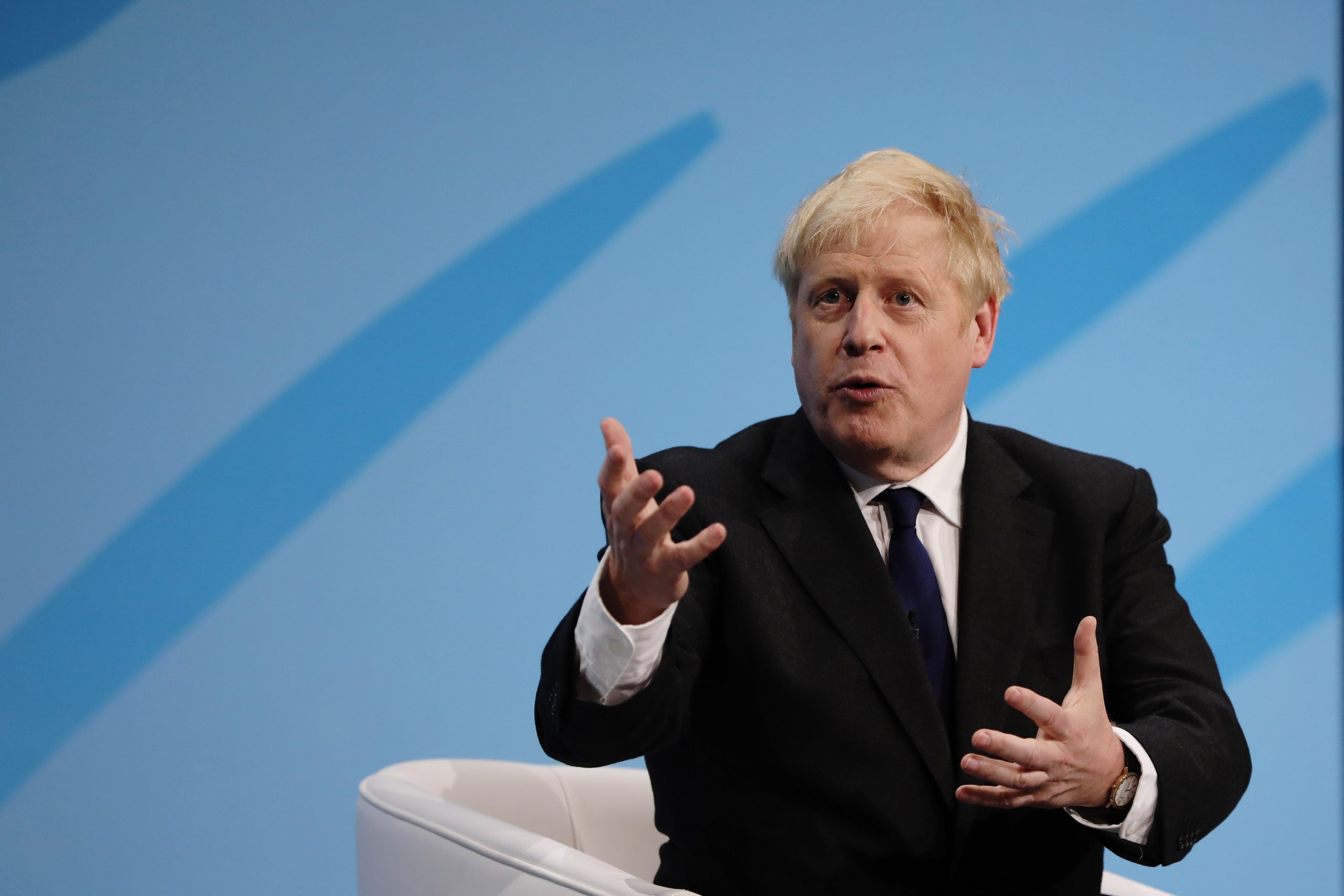
This is your parliament on Boris Johnson: just weeks after opponents of a no-deal Brexit endured a chastening defeat in their attempts to thwart it, they have blocked the threatened suspension of parliament by 41 votes, with 315 votes for and just 274 votes in favour.
The reason? Simply put, because a critical mass of Conservative MPs now know that Johnson is not bluffing when he talks about taking the United Kingdom out of the European Union, deal or no deal, and rebelled in large enough numbers to defeat the government. Seventeen voted for the amendment, while 30 went absent without leave, including Philip Hammond, David Gauke, Rory Stewart and Greg Clark.
It underlines the difficulty that Johnson will have in keeping his promise that the UK will leave the EU by 31 October in this parliament. There has been a great deal of media oxygen given to the handful of Labour MPs who have said that they are willing to choose a no-deal Brexit over no Brexit at all. But the problem for Johnson is that the total number of Labour MPs who could ever contemplate that course of action is considerably smaller than the number of Conservative MPs who would vote to stop no-deal — and because many of that group are set to go to the backbenches when he takes office, that group is only going to get bigger.
But Johnson’s hopes of leaving the EU this side of an election are far from dead. The central problem is that while the group of MPs who oppose no-deal is in theory a large one, they disagree over how to stop it. The 315 votes in favour include every MP elected under Labour colours in 2017 bar Kate Hoey and Iain Austin. Johnson’s strategic bet has never been that there is no parliamentary majority to deplore no deal, to frustrate no deal and to seek to defer no deal. His bet has always been that majority cannot endure if it needs to take concrete action to prevent no deal, whether that be revoking Article 50 or forcing the executive to secure an extension. And we are no closer to knowing if that gamble is right or wrong.






